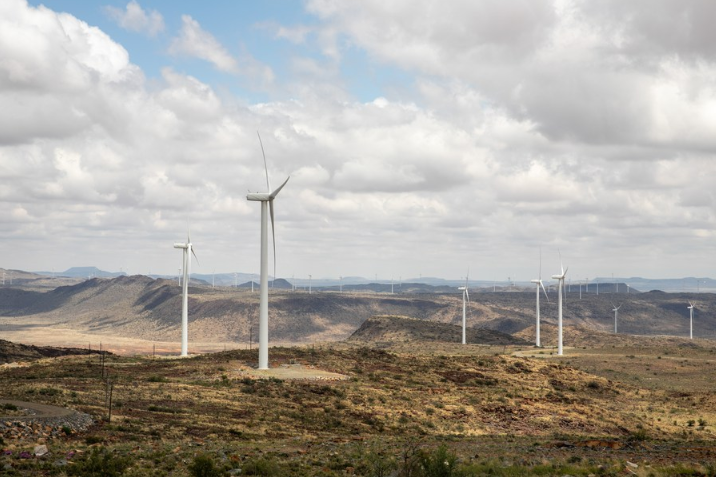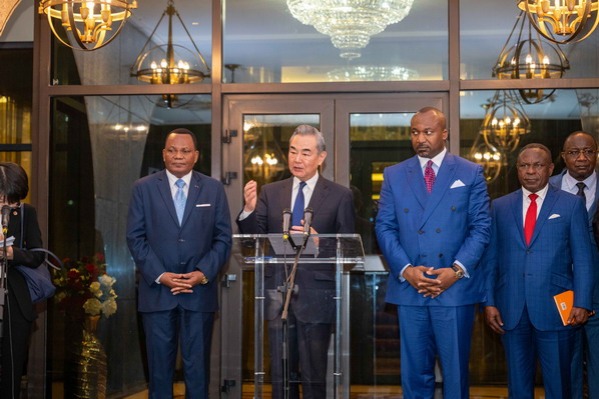Africa jibes 'inconsistent with facts'

US Secretary of State Rex Tillerson took a jab at China on Tuesday before embarking on his first trip to Africa as his country's top diplomat.
Speaking at George Mason University in Virginia, Tillerson accused China of "encouraging dependency using opaque contracts, predatory loan practices and corrupt deals that mire nations in debt and undercut their sovereignty, denying them their long-term, self-sustaining growth".
"Chinese investment does have the potential to address Africa's infrastructure gap, but its approach has led to mounting debt and few, if any, jobs in most countries," he said before leaving for a five-nation trip that includes Chad, Djibouti, Ethiopia, Kenya and Nigeria.
Yao Guimei, a researcher of African studies at the Chinese Academy of Social Sciences, said the remarks embody the United States' anxiety about China.
As the US President Donald Trump's administration has regarded China as its main competitor, she said, in the area of investment in Africa, it also upholds the "America first" viewpoint and uses the continent's need for assistance as a battlefield to compete with China.
"As a contributor to Africa's economy, Chinese investment in Africa has not only filled the gaps in industrial structure in Africa, but also made outstanding contributions to improving livelihoods and employment there, injecting new momentum into the continent's growth," Yao added.
On Tuesday, Foreign Ministry spokesman Geng Shuang rebuked similar accusations by a US official made on Friday.
He called the allegations "completely inconsistent with the fact".
Geng said the debt owed by some African countries was accumulated over a long period of time instead of occurring in recent years, and China is not a main creditor of African countries.
"Financing support is indispensable for any country which is at the stage of economic takeoff, especially the initial stage of industrialization. Without financing, it would be difficult for African countries to achieve industrialization and modernization," Geng said.
He stressed that China always attaches high importance to Africa's debt sustainability.
"While pursuing the economic and social benefits of the relevant projects, we have also laid emphasis on enhancing African countries' capability for independent and sustainable development so as to avoid adding to African countries' debt burden."
'People know best'
On Wednesday, Geng said countries should support Africa's development and contribute to its rejuvenation instead of making irresponsible remarks on the continent's efforts to pursue self-development and cooperation.
African countries and their people know best and have the ultimate say about China-Africa cooperation, the spokesman said.
In his roughly 40-minute speech, Tillerson expressed Washington's intention of developing closer ties with the continent and more economic and trade exchanges. The US private sector, he said, was willing to help develop the "vast, undeveloped natural resources" in Africa.
US trade with Africa is dominated by crude petroleum exports, accounting for 90 percent of all bilateral trade.
Tillerson is likely to confront feelings bruised by Trump's crude remarks in January, in which he is alleged to have derided some African nations as "shithole countries".
China is Africa's largest trade partner. An Ernst & Young report also showed that in 2016, China was Africa's single largest contributor of foreign direct investment capital and jobs. It has not been unusual for top US officials to criticize China on their foreign trips to distract attention. Before embarking on his trip to Latin America a month ago, Tillerson accused China of being a new imperial power in the region. But Peru's Trade Minister Eduardo Ferreros pushed back, saying China was "a good trade partner".
Zhou Jin in Beijing and AP contributed to this story.

































